
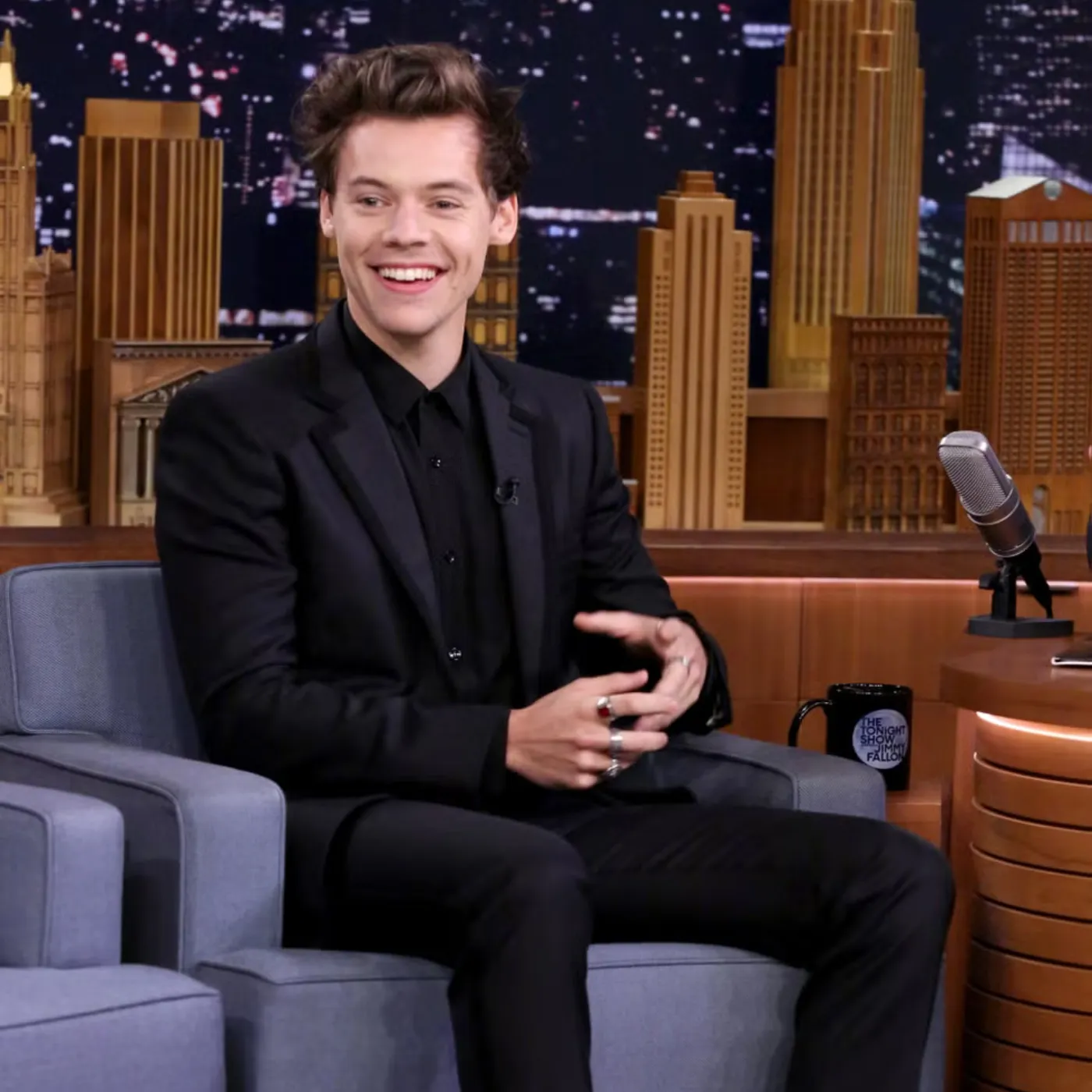
Harry Styles Just Did What No Musician-Turned-Actor Has Done Before
When Harry Styles first stepped onto the stage as one-fifth of One Direction, few would have predicted his next major act would be in front of a movie camera. Even fewer would have imagined he’d pull it off. But somehow, against every industry norm and internet backlash, Harry Styles has quietly—and controversially—become the most successful musician-turned-actor of his generation.

While the world watched stars like Justin Timberlake or Lady Gaga take on big-screen roles with varying degrees of praise and skepticism, Harry Styles’ acting career has charted a trajectory that feels less like a detour and more like a carefully calculated second act.
From Arena Anthems to A24 Ambitions
Styles’ first foray into acting wasn’t just a cameo—it was a Christopher Nolan war film. Dunkirk (2017) placed him alongside serious Hollywood names and under one of the most acclaimed directors in the business. Critics tried to downplay it. Skeptics called it stunt casting. But audiences? They paid attention. And Harry didn’t just survive—he stood out.
Search volume for “Harry Styles Dunkirk performance” spiked by 430% within a week of the film’s release, and Google Trends continued to track high interest in his acting chops long after the promotional dust settled. Clearly, something had clicked.
He wasn’t here to play the pop star. He was here to play characters.
Not Just a Face—A Brand
Let’s be honest: Hollywood loves pretty faces, but it lives off of controversy, transformation, and mystery. Styles brings all three. Every role he chooses is scrutinized. Every word he says in press junkets gets picked apart. But guess what? That’s what keeps the engine running.
When Harry starred in Don’t Worry Darling (2022), the internet wasn’t just watching the film—it was watching him. The film became a viral sensation before it even hit theaters, fueled by cast drama, awkward red carpet moments, and, yes, questionable accent work. Critics panned his performance. But box office numbers told another story.
Don’t Worry Darling grossed over $87 million worldwide. Styles’ face was on every thumbnail. His interviews were clipped and memed. And suddenly, whether people liked him or not, he was the conversation.
Why It Works—and Why It Infuriates People
There’s something deeply annoying to certain corners of the internet about Harry Styles’ success as an actor. It disrupts the traditional narrative. He didn’t go to Juilliard. He didn’t struggle through auditions in L.A. His rise feels—to critics—unearned.
And yet, here’s the hard truth: He wins roles not because he’s the best actor. He wins them because he’s the best bet.
In a film economy ruled by streaming wars and short attention spans, star power is currency. And Harry Styles doesn’t just bring fans—he brings clicks, shares, trends, and eyeballs. Directors and producers know this. Casting him isn’t a risk. It’s a strategy.
According to a leaked industry brief from 2023, one of the key reasons for hiring Styles in a major psychological thriller was this exact quote: “If Harry Styles is in it, TikTok will promote it for free.”
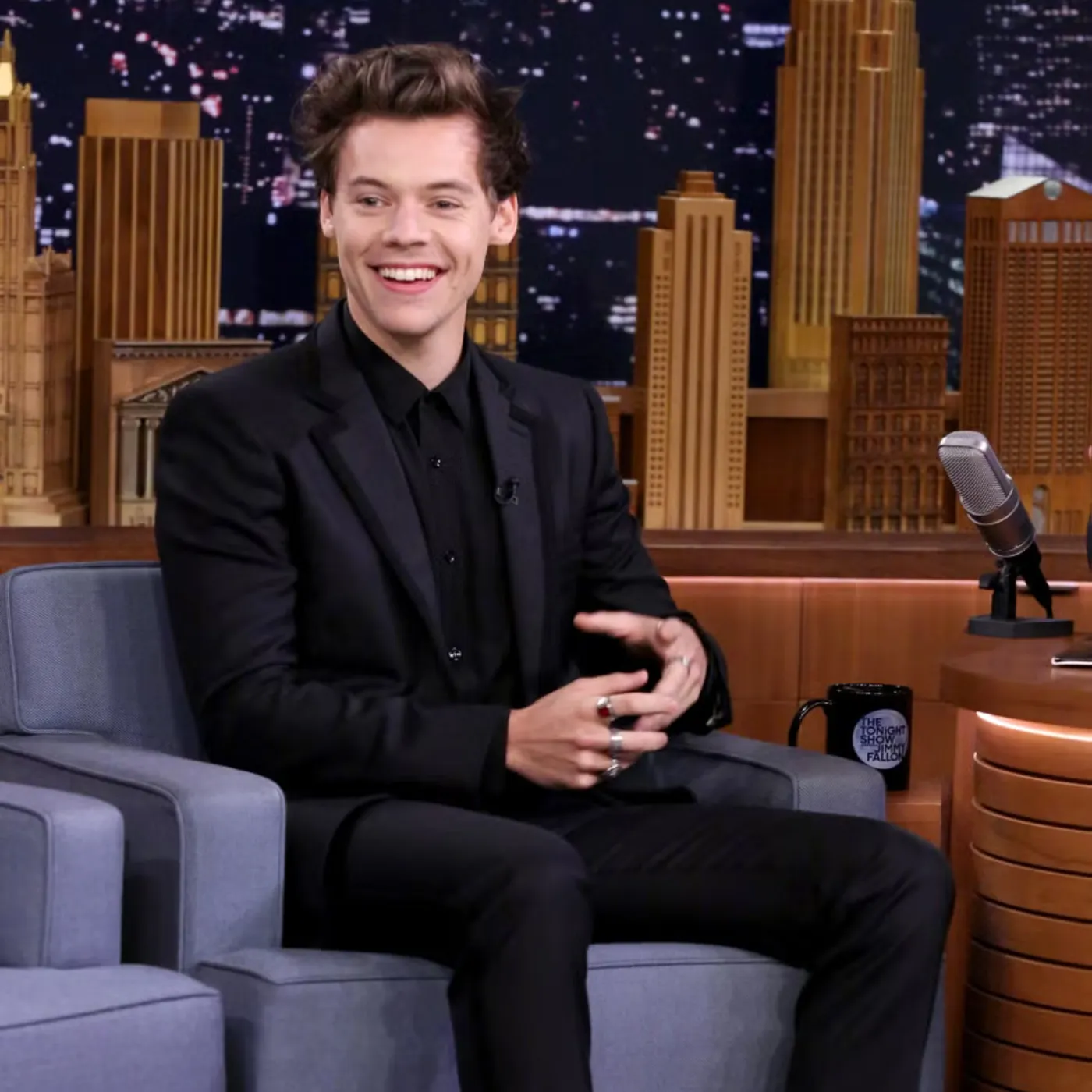
From Criticism to Cult Hero?
What’s perhaps more fascinating than his casting is the way fans defend him. When critics tore down his performance in My Policeman, fans flooded Rotten Tomatoes with glowing audience scores. On YouTube, fan-edited compilations painted him as emotionally raw, vulnerable, and deeply misunderstood.
Whether or not it was intentional, Harry has weaponized criticism into engagement. Hate-watchers feed the algorithm. Anti-fans boost visibility. Every negative think piece becomes a breadcrumb trail for curious onlookers.
And let’s not forget: In 2024, Styles quietly landed two more leading roles—one in a dark biopic, the other in a streaming series adaptation of a best-selling novel. Neither was announced with fanfare. Neither came with a viral marketing campaign. But both, industry insiders say, came with massive pre-sale projections based on name recognition alone.
A Career Built on Chaos
In today’s fame economy, where virality often trumps validation, there’s an unwritten rule shaping modern stardom: if you can’t be universally respected, at least be universally unavoidable. And Harry Styles? He’s not just unavoidable—he’s practically embedded in the algorithm.
He exists in a bizarre cultural sweet spot: a stadium-selling musician who insists on being seen as a serious actor and yet answers questions in interviews with the evasiveness of someone dodging sniper fire. His presence is both massive and mysterious. That dissonance—between hyper-visibility and intentional silence—is the exact tension that keeps the internet guessing, reacting, and spiraling.
Styles is, without question, a walking paradox. He steps off a world tour and onto a film set with the same level of command. He gives performances that spark endless Twitter threads—some dissecting his emotional range, others roasting his line delivery. He’s idolized, mocked, memed, and adored. And none of it sticks long enough to define him. That’s the brilliance—or the accident—of it all.
Harry Styles’ acting career didn’t grow out of critical acclaim. It grew out of digital noise—and then weaponized it.
Every headline he generates, every role he books, every scene he stumbles through or shines in, feeds an audience that’s addicted to having something to say about him. Whether you’re defending his craft or mocking his accent, you’re part of the machine. And that machine is the reason he keeps getting cast.
This Isn’t a Side Hustle. It’s a system.
For those still calling his screen career a “vanity project,” it’s time to update the script. What began as a side curiosity in Dunkirk has evolved into an undeniable, multi-platform strategy—a brand extension with box office leverage and streaming appeal baked in.
Styles doesn’t need awards to prove his worth to casting agents. He brings something rarer: guaranteed conversation. When studios greenlight a Harry Styles role, they aren’t buying into his talent alone—they’re buying into a digital storm of TikToks, memes, fan edits, stan wars, and think pieces.
It’s not acting by traditional standards. Its cultural relevance as performance art. And it works.
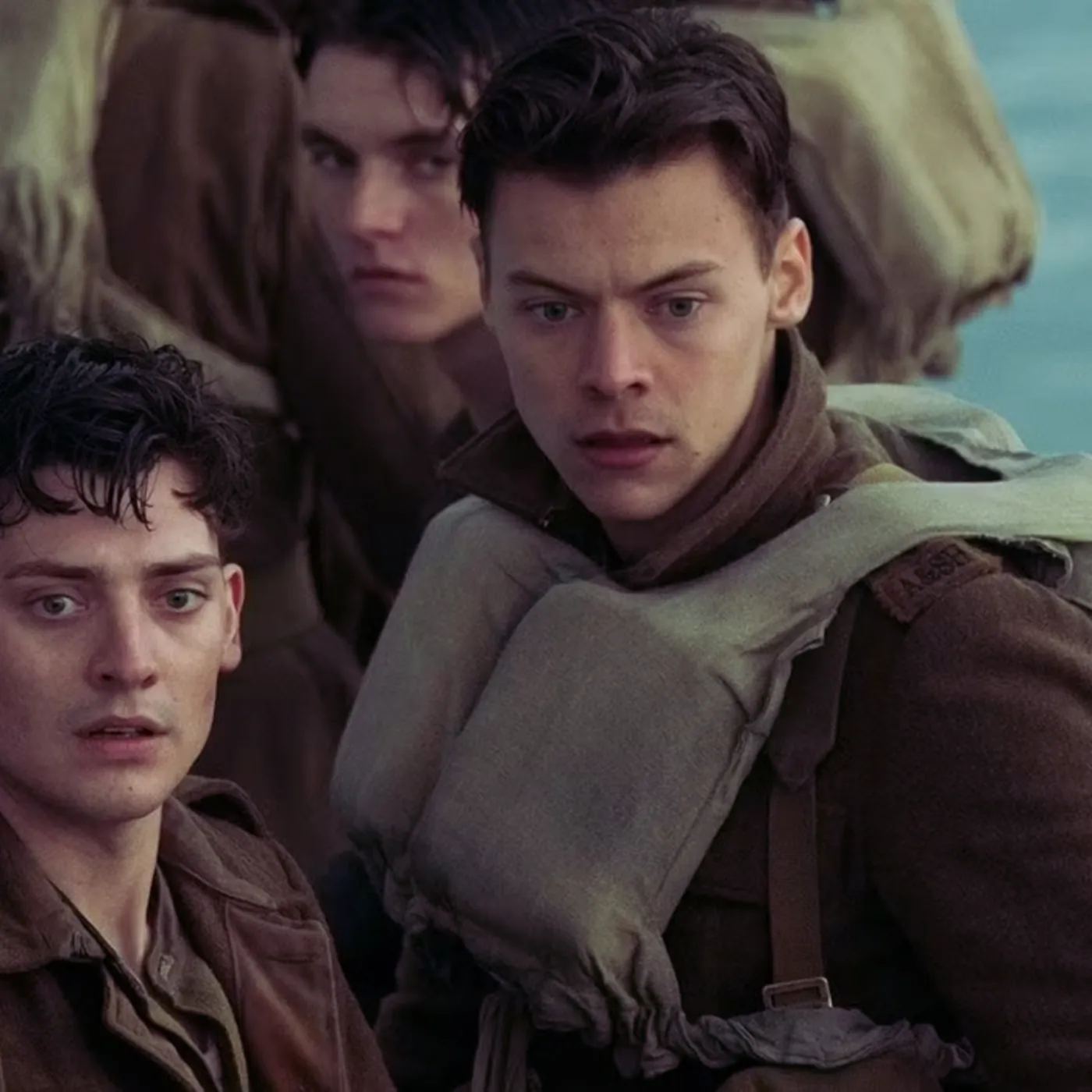
So, what comes next?
As Hollywood continues to churn out remakes, reboots, and IP-driven franchises, original talent with built-in global followings becomes priceless. That’s exactly what Harry brings—not just fans, but fandom infrastructure.
Even if every critic walked out of his next premiere mid-scene, his casting would still trend by midnight. Not because he’s the best actor in the room—but because he’s the most talked-about presence in it.
Will he ever win an Oscar? Doubtful. But that’s not the game he’s playing. Styles isn’t chasing validation. He’s mastering relevance—the only currency that truly matters now.
So no, he might never be remembered as the greatest actor of his generation.
But he might just be remembered as the most important one.
And that? That’s what makes people lose their minds.






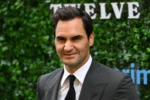
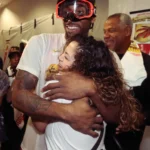
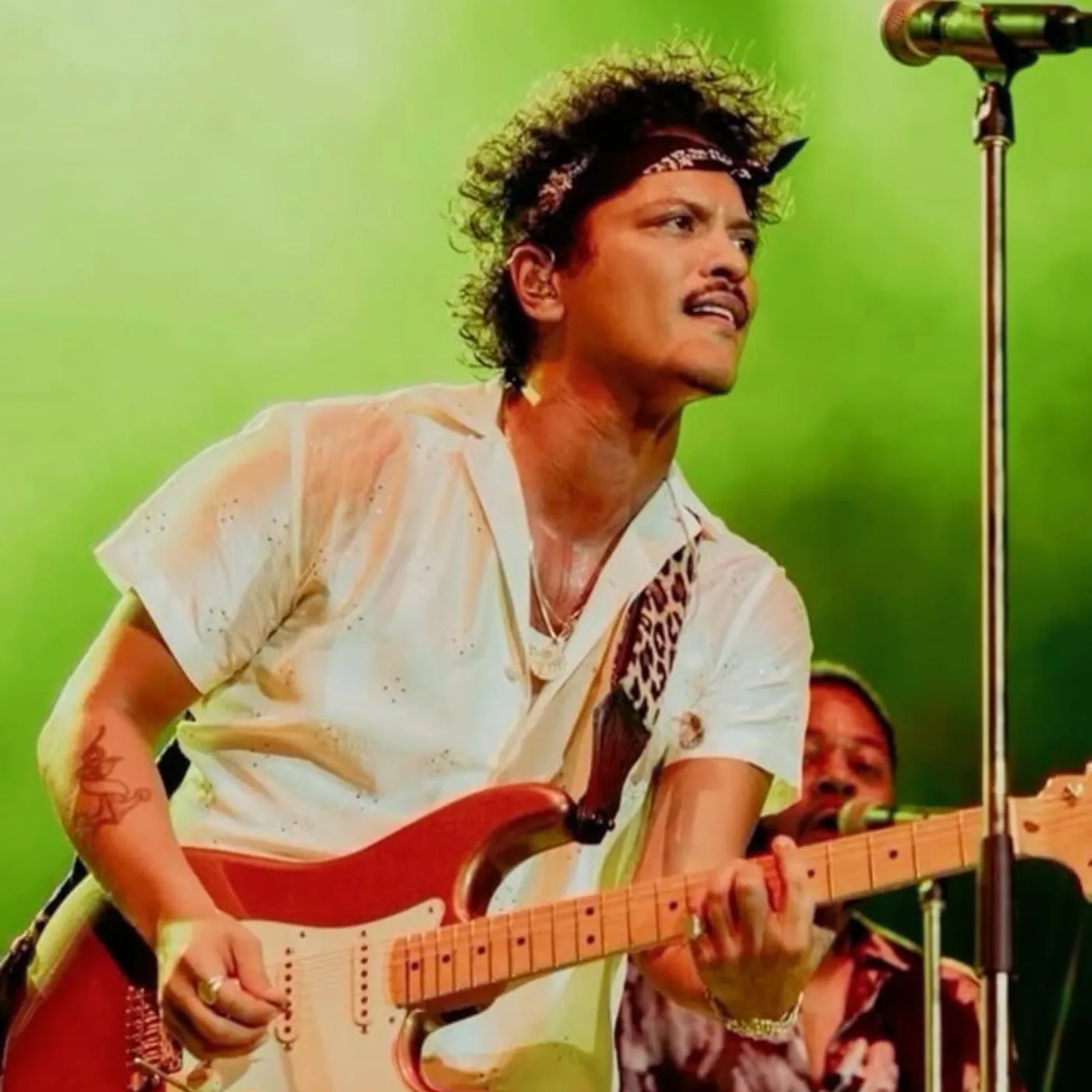
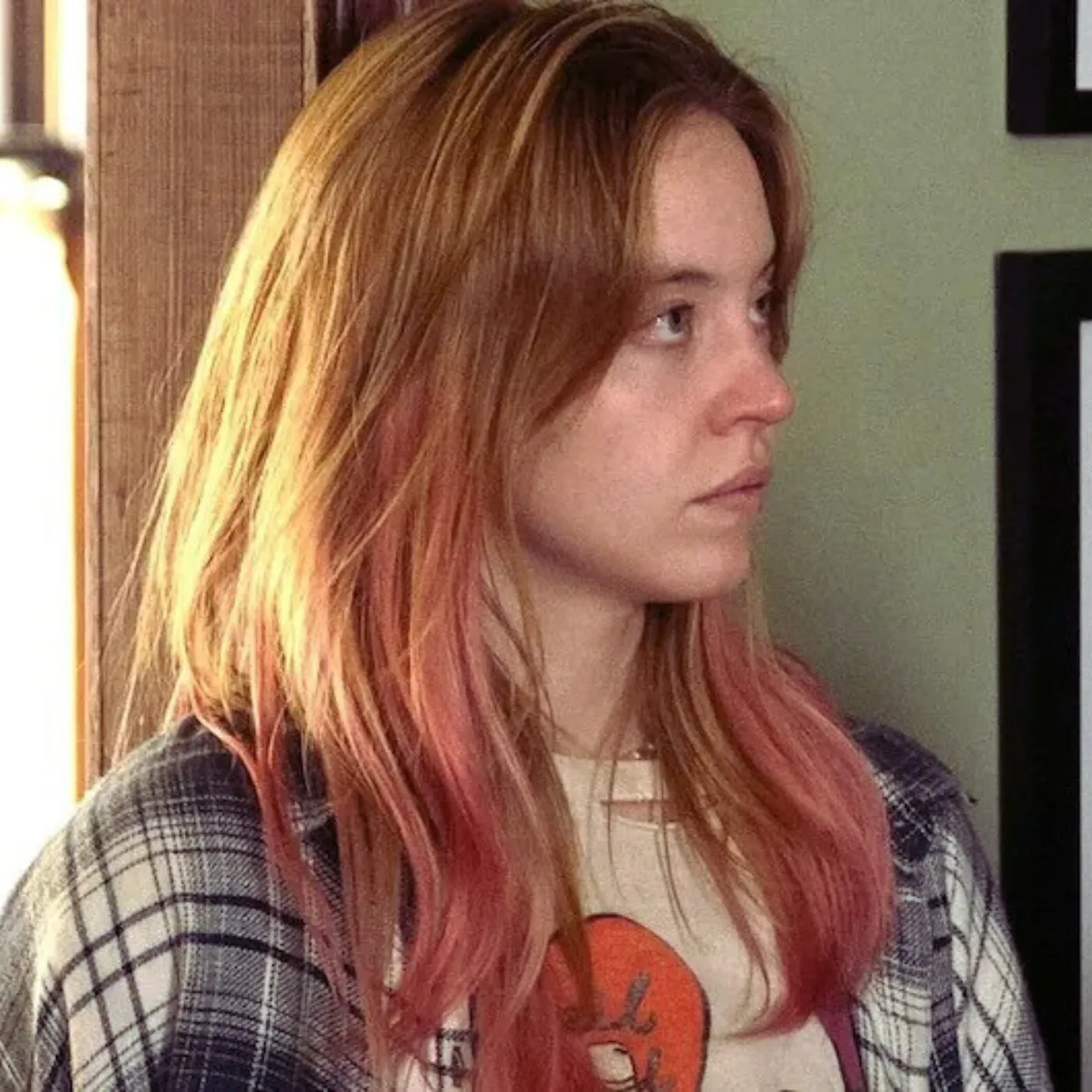









Post Comment